Extend Your Pool’s Swimming Season
The days start getting longer, the temperatures rise, and the trees and flowers bloom. It’s officially summer, and you are scrambling to open your pool. By the time you do, it’s mid to late June. If you’re lucky, you’ll get three months to use it until it’s closed for the season.
Swimming season doesn’t have to be so short! You can do things to extend your pool's life and maximize your swimming season. Bump up your pool opening to the spring and extend your pool closing to the late fall!
Go Green and Add a Solar Cover
Did you know that evaporation can cause your pool to lose up to 70% of its heat? Evaporation happens when a liquid substance becomes a gas. When water is heated, it evaporates as molecules of water vapour. Heat drives the evaporation process and escapes, having a cooling effect on the surface left behind.
So, what can help prevent evaporation? You got it, solar covers! A solar cover, or solar blanket, is a lightweight floating barrier for the pool's surface and reduces the evaporation rate by as much as 90%. This fact allows pool owners to save money on water (to refill the pool from water lost), chemicals (chemicals can evaporate too! Or break down from UV rays), and heat.
A solar cover is a UV-stabilized polyethylene blanket that resembles heavy-duty bubble wrap. But don’t try to pop those bubbles! The small air pockets serve a good purpose, keeping the blanket afloat, insulating the water’s surface against heat loss during the cooler nights, and transferring solar heat energy into the water below for a warmer pool.
Solar covers serve another great purpose: keeping dirt, debris, and dust out of your pool. This won’t exactly save you money, but it will save you time cleaning and sweeping your pool in the long run (and your pool filter and skimmer baskets will thank you for it).
Not interested in covering your pool up or dealing with another thing to store away for the winter? You can consider a liquid pool cover, which is basically as it sounds. This specially formulated liquid combines alcohol and calcium hydroxide, creating a thin film on the pool's surface. You don’t see it or feel it, but it’s there, preventing heat evaporation.
Learn more about liquid solar pool covers in our blog post.
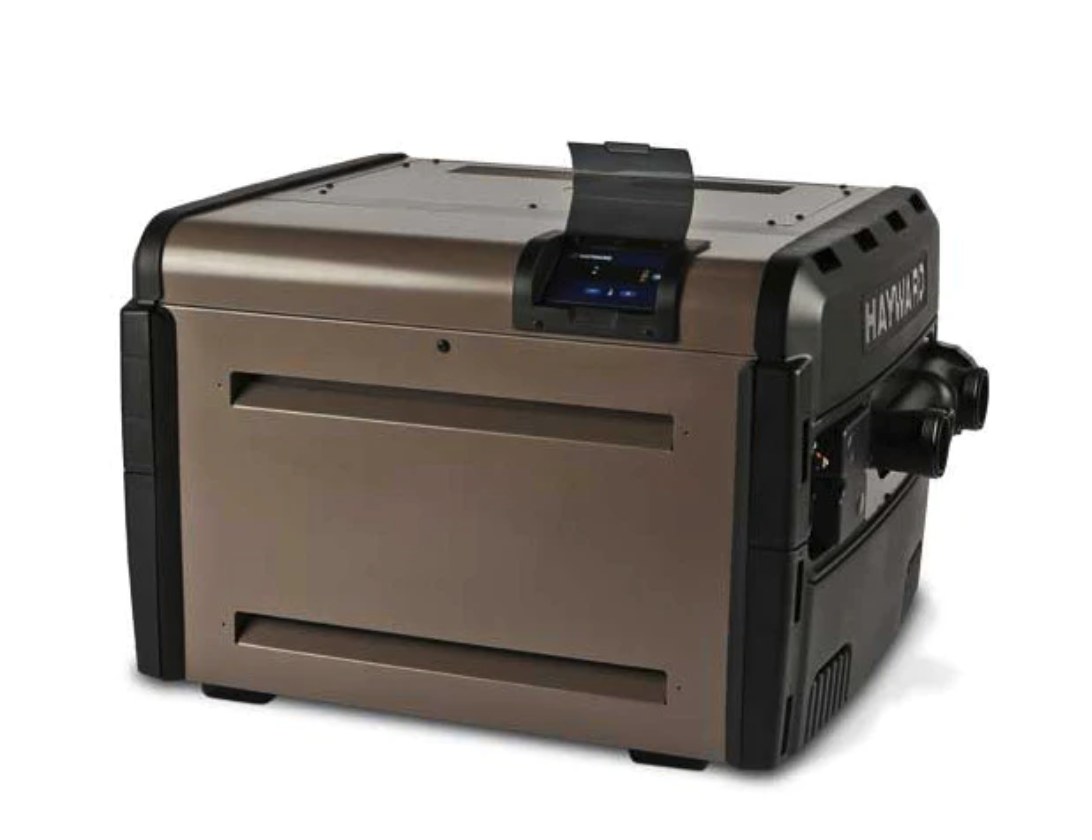
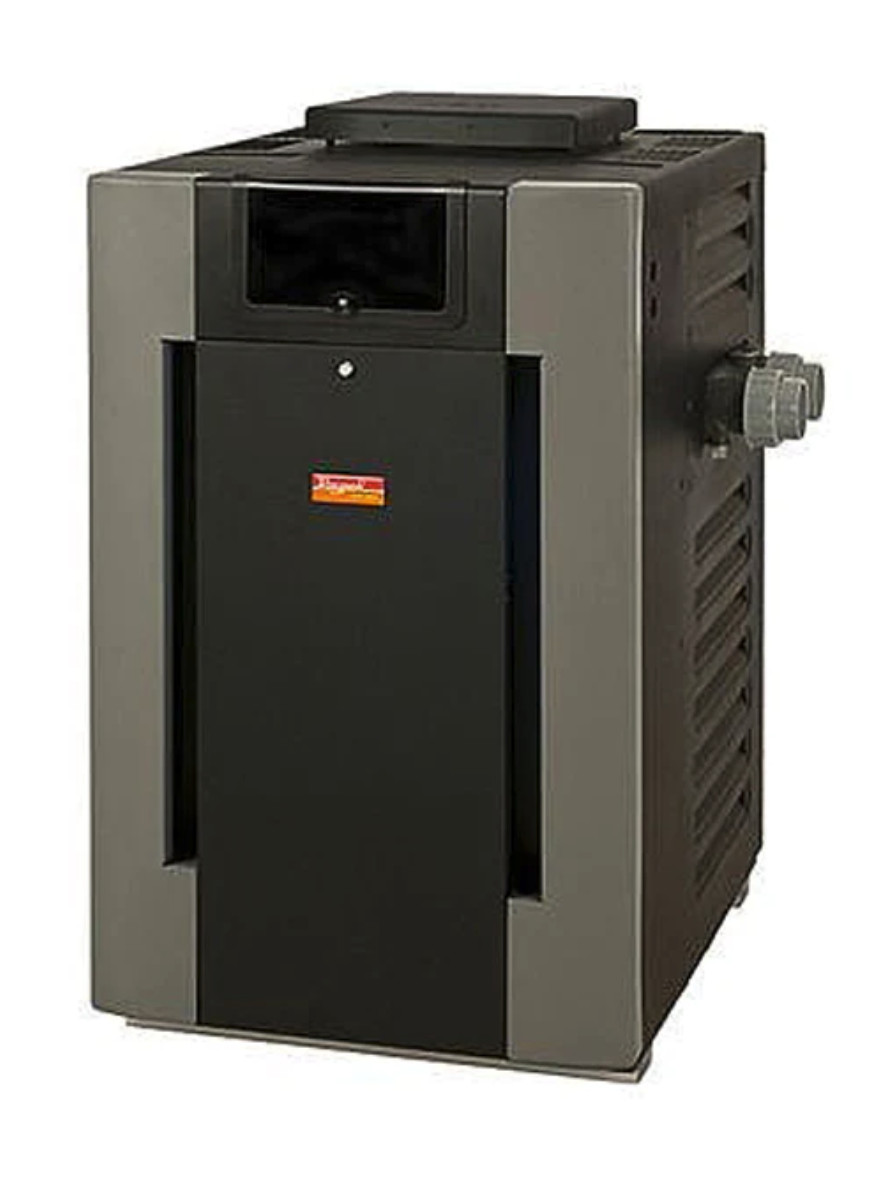
Use a Gas Heater to Heat Your Pool for Longer
With Canada’s short summers, a gas heater is the most common and effective way to heat your pool water quickly and extend the swimming season. Pool heaters have a natural gas or propane fuel source to heat the water. And they have a control system to set the heater to your preferred temperature. Gas heat is ideal if you want to heat your pool as needed.
The downside of pool heaters is the cost, as heaters can run anywhere from $2,000 to $5,000. But most people agree that the investment is worth it. If you rely solely on a pool heater to extend your pool season, you can expect higher utility costs, as your heater will have to run longer to warm your pool up during cooler months. Consider using a pool heater and a solar cover to save on bills.
Pool heaters from reputable brands like Hayward and Raypak are stacked with innovative technology and are built to withstand various weather conditions. These heaters are reliable, efficient, and high-performance. Plus, their flexible installation solutions make setup a breeze.
Heat Pumps as an Alternative to Gas Heaters
Heat pumps are another option to extend your pool season, but only if you’re in a sunnier climate. Heat pumps operate like an air conditioning unit, but in reverse. They utilize the air around the unit to heat your pool. But they can still be pricey, ranging from $1,500 - $6,000. You will save money, however, without the added utility costs.
So, for the heat pump to work, that air needs to be milder to heat your pool water. Any temperature below 50 degrees Fahrenheit will not allow the unit to work. So, if you go with a heat pump, know that you won’t be able to use it for as long.
If you’re looking for more assistance in extending your swimming season, we’re always happy to help!
RELATED ARTICLES
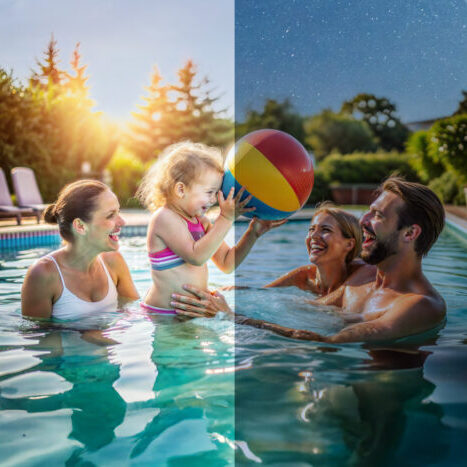
Luna + Solei: 24/7 Pool Care That Works While You Rest and Play
Luna + Solei: 24/7 Pool Care That Works While You Rest and Play What if pool care worked around your schedule-not the other way around? With Luna + Solei, you can finally enjoy a backyard pool that’s clean, clear, and low maintenance-without constant testing, shocking, and balancing. This revolutionary Day & Night Pool Care System…
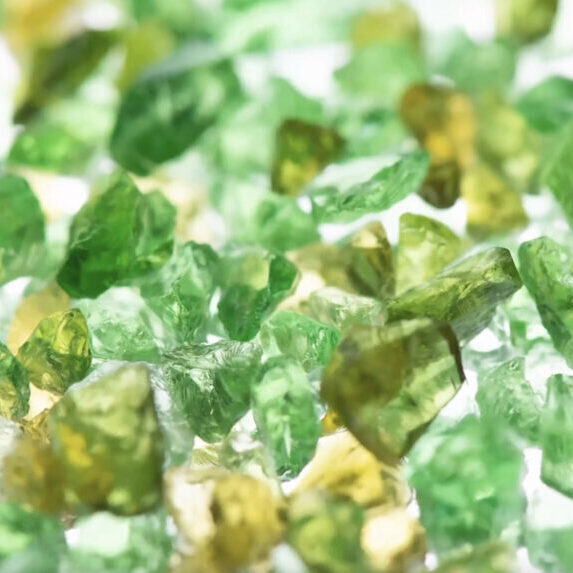
Upgrade Your Pool Filtration with AFMng: Say Goodbye to Sand, Hello to Sparkling Water
UPGRADE YOUR POOL FILTRATION WITH AFMng: SAY GOODBYE TO SAND, HELLO TO SPARKLING WATER If you’re still using sand in your pool filter, it’s time to rethink your water care. At Buds, we’re always on the lookout for the best solutions for our customers-and AFMng is a game-changer. Made from recycled, activated glass, AFMng is…
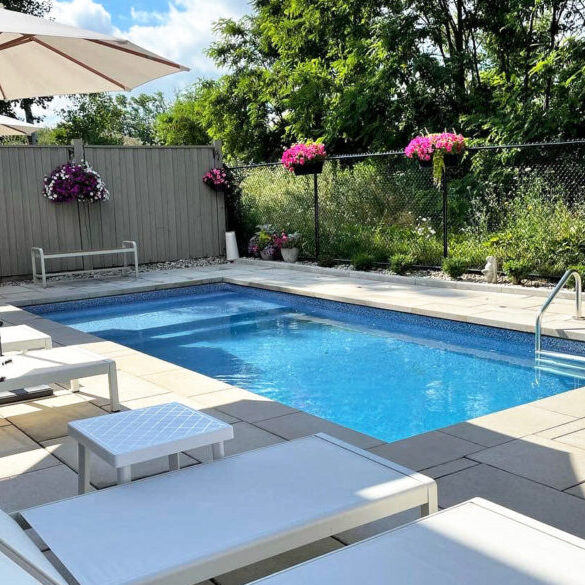
Plunge Pool vs. Traditional Swimming Pool: Which One Is Right for You?
Plunge Pool vs. Traditional Swimming Pool: Which One Is Right for You? When designing your dream backyard oasis, one of the biggest decisions is choosing between a plunge pool and a traditional swimming pool. While both offer the joys of relaxation and recreation, they differ significantly in size, maintenance, cost, and suitability for various lifestyles…
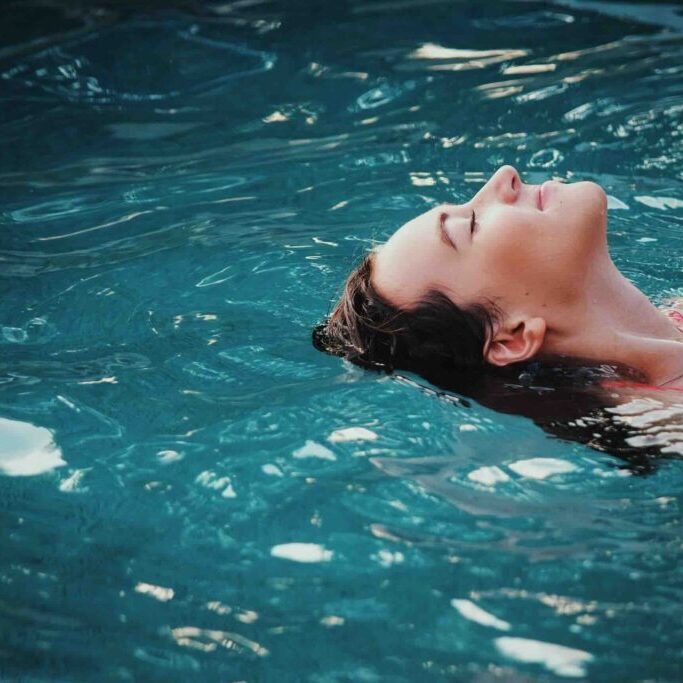
What is a plunge pool, and should I get one?
What is a plunge pool, and should I get one? If you’ve been researching pools at all this year, you may have noticed that plunge pools are seriously trending. While you probably have some idea of what a plunge pool is all about, you might be wondering about the specifics that make these pools different…
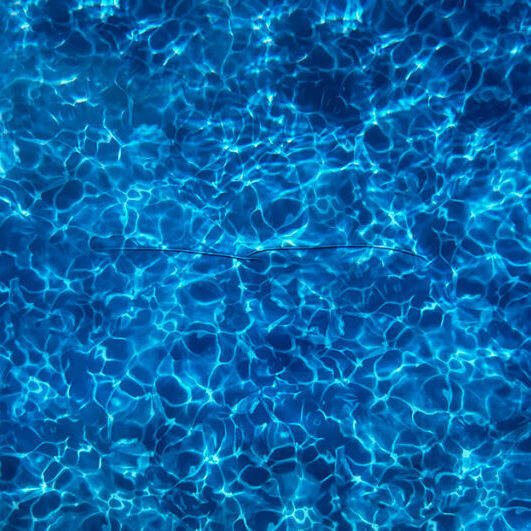
Understanding and Addressing Pool Liner Wrinkles
Understanding and Addressing Pool Liner Wrinkles When it comes to pool liner wrinkles, it’s crucial to distinguish between those caused by installation issues and those arising from other factors. If a wrinkle appears due to a poor fit or incorrect measurements during installation, it will be evident as soon as the pool is filled. Wrinkles…

What is a Pool Orientation and Why is it Essential for New Pool Owners?
What is a Pool Orientation and Why is it Essential for New Pool Owners? Owning a pool is a luxury that brings fun, relaxation, and a perfect gathering spot for family and friends. However, with this luxury comes the responsibility of maintaining and managing your pool to ensure it remains a safe and enjoyable space.…
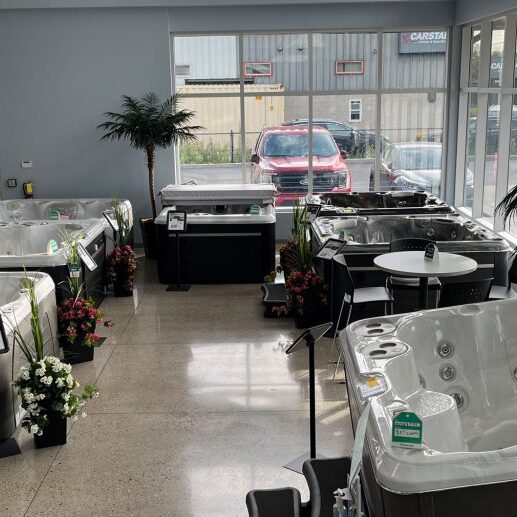
Benefits of In-Person Shopping for Hot Tubs, Pools & Swim Spas
We know that online shopping can be convenient. But at Buds we still believe that hot tubs, swim spas and pools, not to mention their parts and supplies, are best shopped for in person.
So while you might start your shopping journey online, we hope that you’ll take the chance to visit us in store before finally making your purchase.
There are many reasons why we think brick-and-mortar stores like Buds are the smart choice for customers.
Check out our top reasons and let us know if you agree!
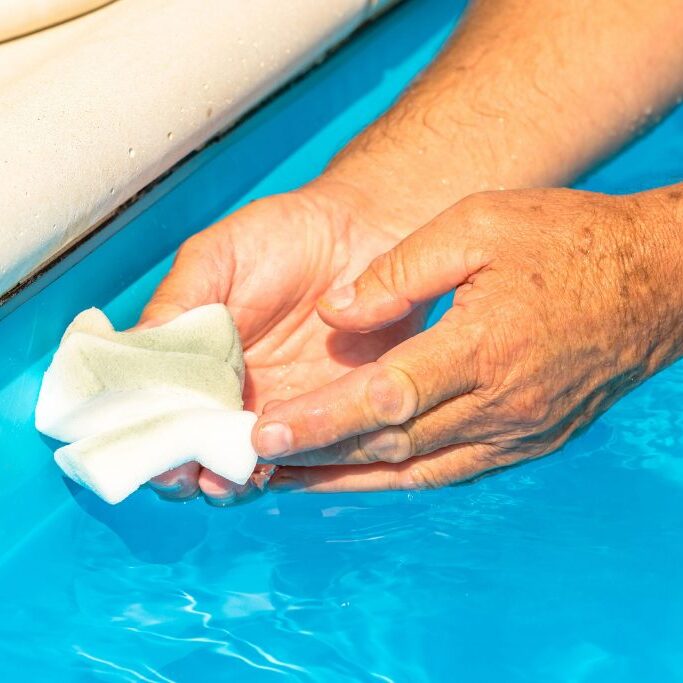
How to Treat and Prevent Metals and Staining
How to treat and prevent metals and staining Metals and Staining in a Pool Metals can be introduced to the water through foreign object or equipment such as: Copper piping and fittings, Heat exchanger, Using Copper Sulphate and other copper-based algaecides, Source water. Metals in pool water may cause staining to the liner, fiberglass, or…
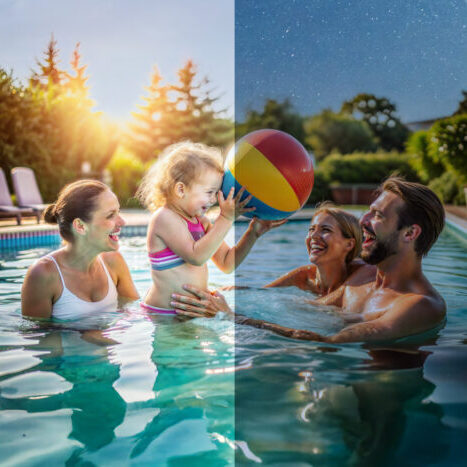
Should I finance my pool purchase?
In its most formal application, contrast hydrotherapy involves alternating between immersion in hot and cold water. It’s a practice with growing popularity among athletes and health enthusiasts for its many reported benefits.
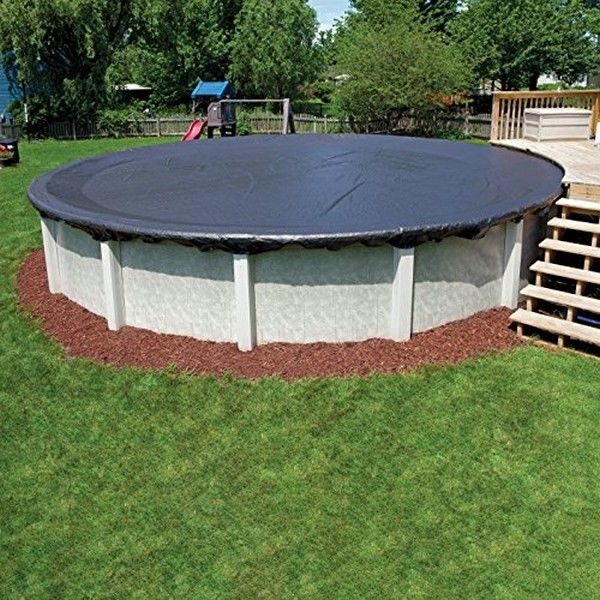
Above Ground Pool Closing Instructions
How to close your above ground pool Pool Closing Steps 1 One week prior to closing, bring a pool water sample to the store so your pool can be properly balanced. It is natural for sitting water to become acidic on its own, so balancing the water is very important prior to closing your pool.…
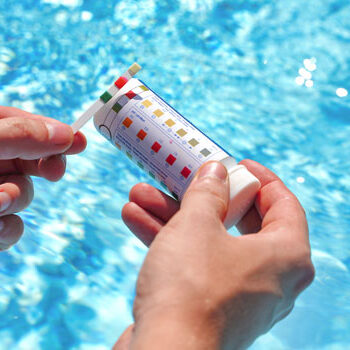
The Benefits of Borate to Treat Your Pool
Why Your Should Use Borate In Your Pool What is Borate? Borate prevents pH drifting, which results in calcium scaling, metal stains, cloudy water, algae, and hard pool water. When you use borate, the water will remain clear for a long period since chloramine (or combined chlorine) does not form quickly as compared to a…
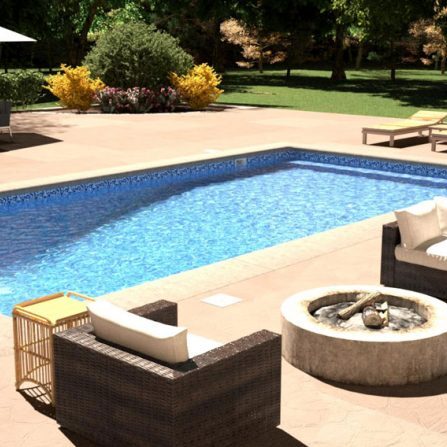
How to Reduce Phosphates in Your Pool
How to Reduce Pool Phosphates What are phosphates? Phosphates are food for algae. Although they are present in all water, once they reach a certain level they can cause issues in your pool. Phosphates can consume chlorine causing a consistently low level in your pool. When you have an extremely low chlorine reading, your pool…
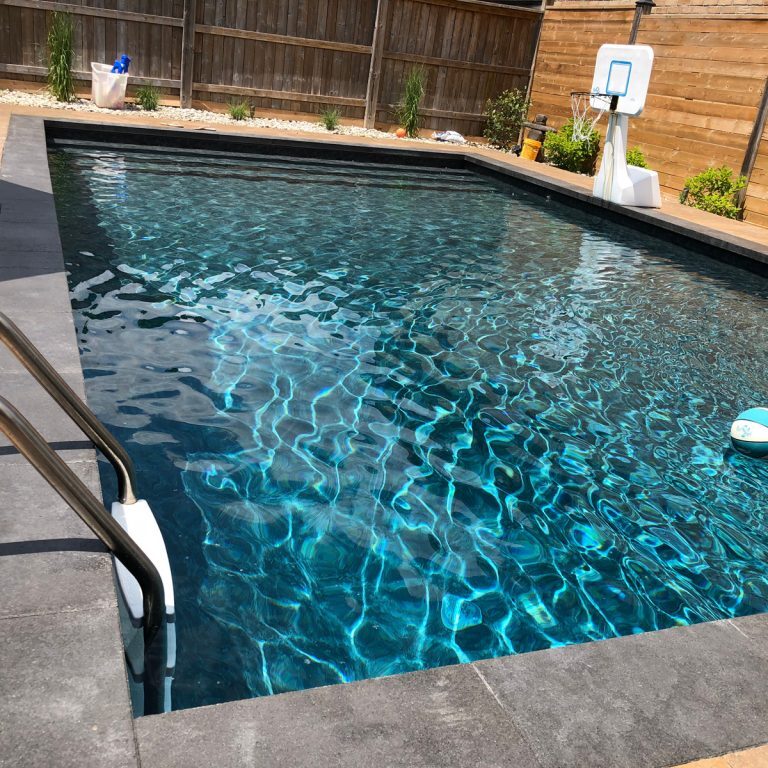
Spring Set-up for Pool UV Systems
How To Open Your Pool’s UV System SET-UP INSTRUCTIONS When spring arrives, it’s time to pull out your UV system and get it ready for the summer pool season. Below is a checklist that will help in getting the most out of your system. If your UV system is still installed on your pool equipment,…
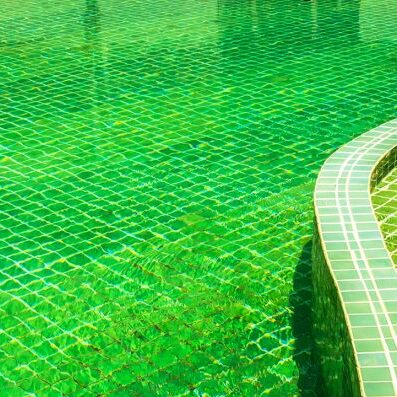
How to Treat Pool Algae
How to Treat and Prevent Algae How to Treat and Prevent Algae during Spring Opening Warning: when following these steps, DO NOT use your automatic vacuum as there is no option of vacuuming on waste/drain. Bring a pool water sample into Buds for water balance assistance. Remove large organic debris from the bottom of the…
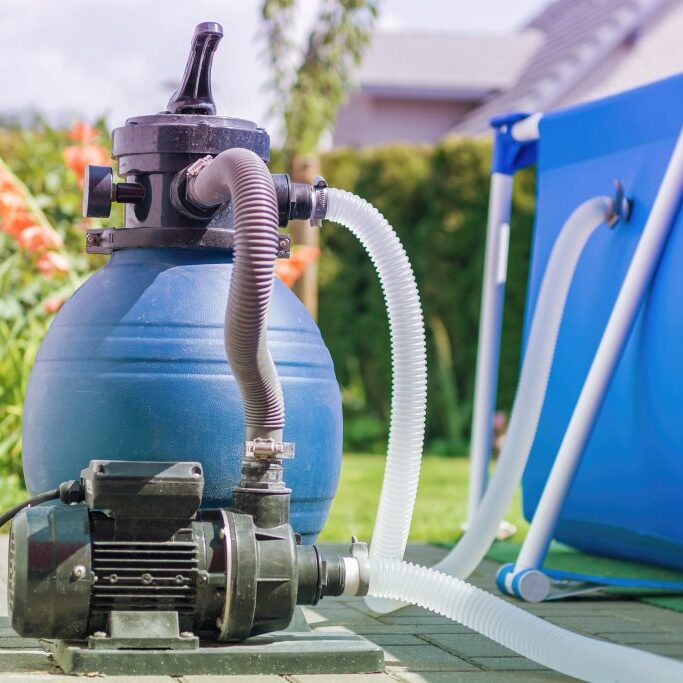
How to Change & Clean the Filter Media
How to Clean & Change a sand filter How to Change the Filter Media Sand should be changed in the filter every 3-5 years. However, if the sand is not cleaned once per season the sand may need to be changed much more often than that. 1 Turn off the pump. 2 Take the drain…
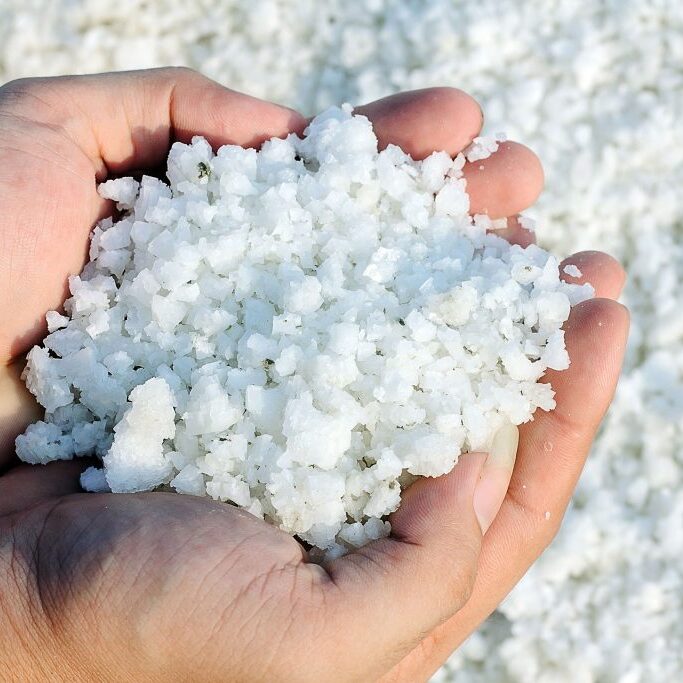
How to Clean a Pool Salt Cell
How to Clean a Salt Cell It is important to maintain a clean salt cell so chlorine can be continuously produced. Salt cells that have a lot of scale or calcium build up cannot effectively produce sanitizer and often create flow issues within the pool system. You should check your salt cell weekly to ensure…
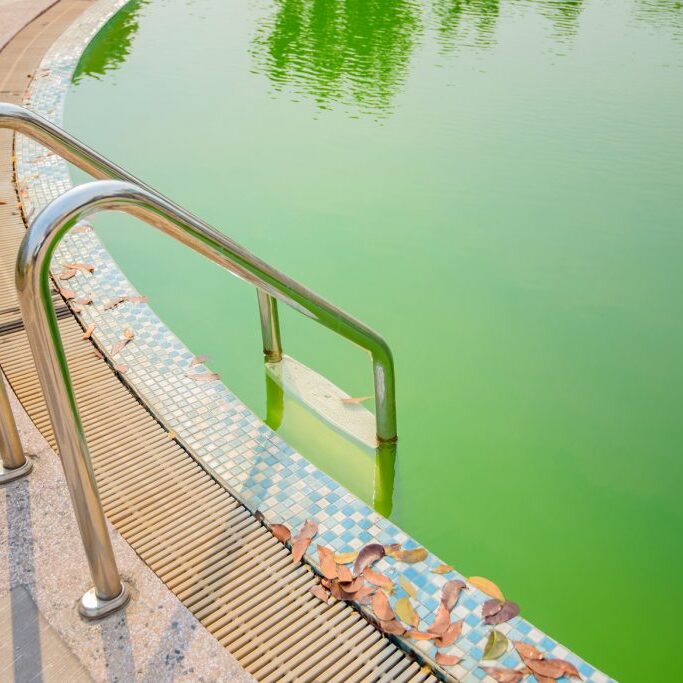
How to Treat and Prevent Cloudy or Foggy Pool Water
How to Treat Extremely Cloudy or Foggy Water How to Treat Extremely Cloudy or Foggy Water Bring a pool water sample into Buds Spas and Pools for water balance analysis. Adjust pH and/or chlorine levels as recommended by the water lab. Follow Option A, B or C depending on the level of clarity in the…
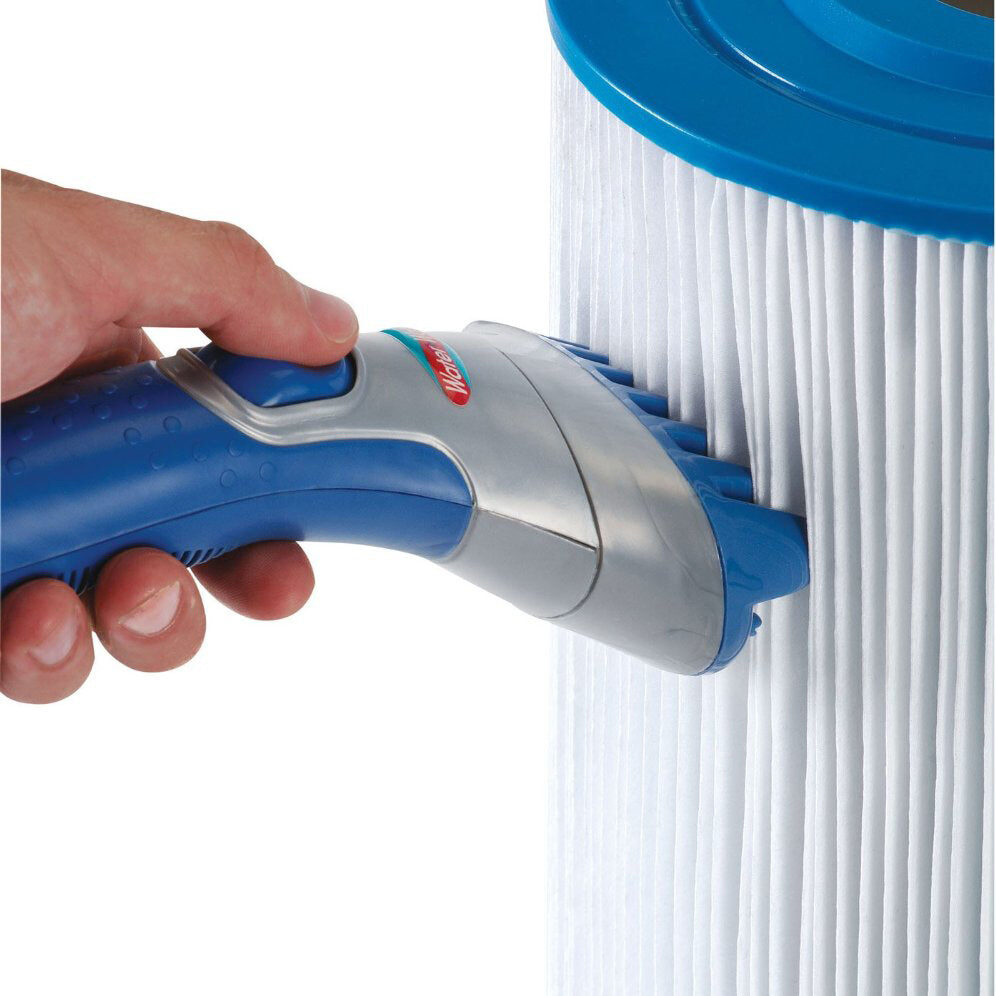
Pool Filter Cartridge Cleaning Instructions
How To Clean A Pool Filter Cartridge When should a cartridge element be cleaned? For hot tubs and swim spas, establish a routine cartridge cleaning schedule based on the amount of spa usage. This should include rinsing the cartridge weekly (or more frequently with heavy use), as well as using Rapid Action Filter Cleanse every…
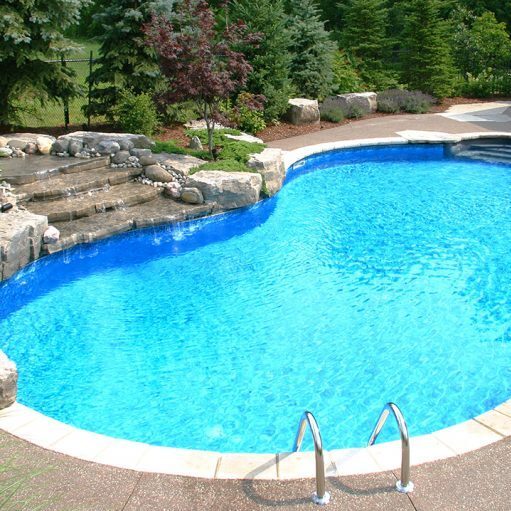
Maintenance for Saltwater Pools
Saltwater pool maintenance Helpful Tips to Maintain Your Pool New pool or new liner customers: Please bring in a water sample to Bud’s Spas and Pools before adding any chemicals and/or before entering your pool for the first time. Filtration To maintain proper filtration the pump should be operating 24/7. If your pump is on…
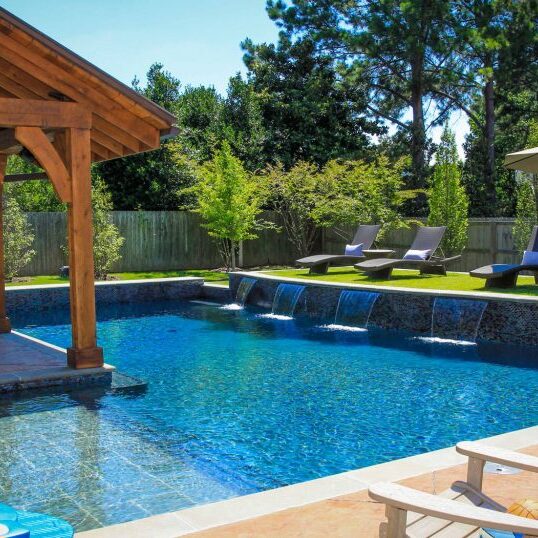
Maintenance for Non-Saltwater Pools
Non-saltwater pool maintenance HELPFUL TIPS TO KEEP IN MIND WHEN MAINTAINING YOUR POOL NEW POOL OR NEW LINER CUSTOMERS:PLEASE BRING IN A WATER SAMPLE (IN THE SAMPLE BOTTLE PROVIDED) TO BUDS SPAS AND POOLS BEFORE ADDING ANY CHEMICALS AND/OR BEFORE ENTERING YOUR POOL FOR THE FIRST TIME. Filtration To maintain proper filtration the pump should…